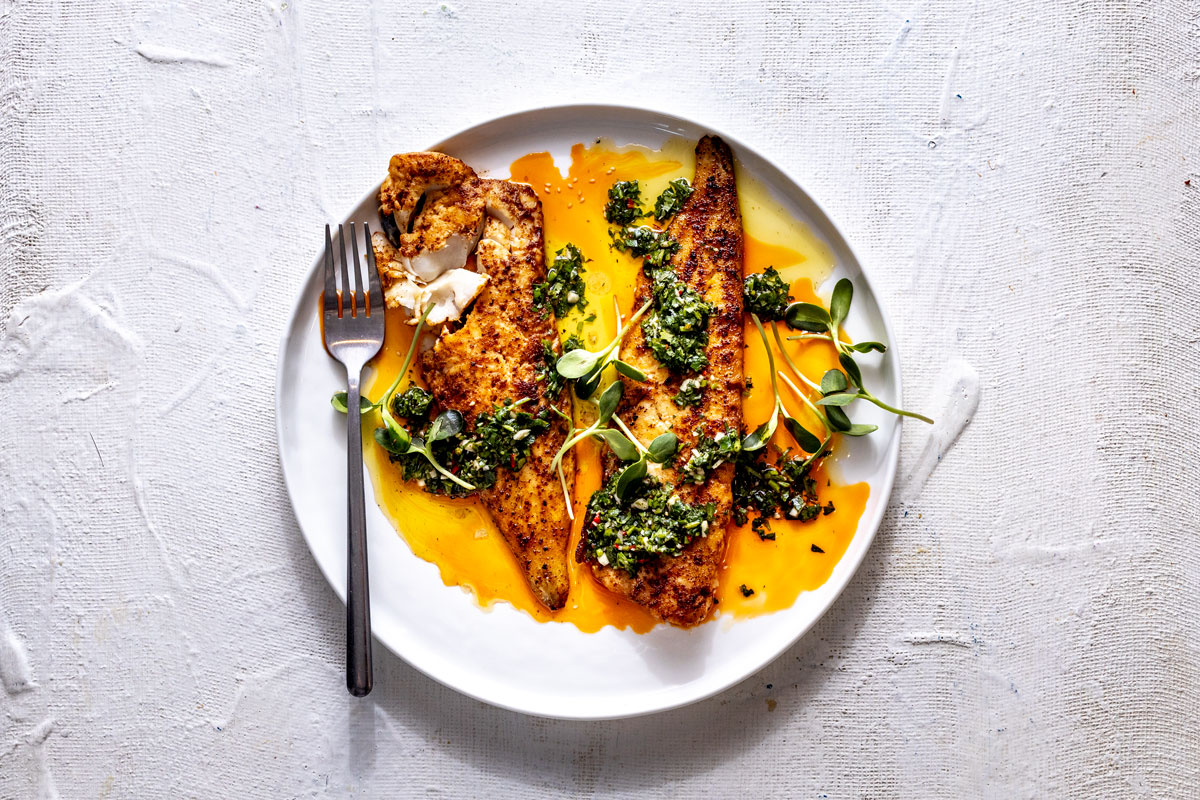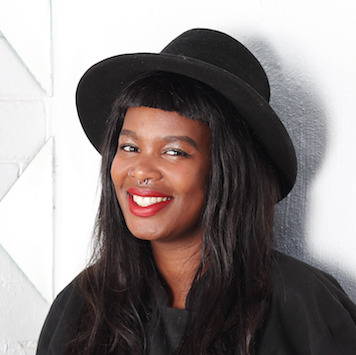The Heritage Series: Meet Kudakwashe Makoni of Kandiro
We talked to Harare-based chef, restaurateur and founder of Kandiro – a pop-up dining experience that celebrates Zimbabwean food and culture – Kudakwashe “Kuda” Makoni about a few of the dishes that have shaped his upbringing and that continue to influence his cooking today.
Food, when crafted with great care and intent thoughtfulness, can evoke joy and inspire in the most profound ways. A self-professed Zimbabwe fanatic, Kudakwashe “Kuda” Makoni is all about the business of sharing his love for his culture in evocative and imaginative ways. He teeters on the line of fine dining, but certainly doesn’t define himself by those standards alone. Kuda is a Harare-based chef and restaurateur, and the founder of Kandiro , a pop-up dining experience that celebrates Zimbabwean food and culture. Chef Kuda’s food is as aspirational as it is approachable, with core values of “generosity and good deeds”.
View this post on Instagram
Kandiro was founded out of a necessity to gather; to foster a sense of community and unity among Chef Kuda’s diners, and in turn, society at large. The immersive dining experience incorporates visual art and performative storytelling, and each dinner is celebrated with a live local musical artist, while Kuda interacts and shares stories with diners, giving the food a sense of place. Working alongside PR and communication lead Michelle Hollingsworth, Kuda’s team is small – but their footprint on Harare’s bustling culinary scene has been indelible. Kuda has recently been featured in the new Phaidon cookbook, The Contemporary African Kitchen, which is a vibrant library of 120 home-cooking recipes and essays from Africa’s most dynamic culinary voices, including chefs, restaurateurs, caterers, cooks and writers.
View this post on Instagram
Inspiring a generation of African cooks and food enthusiasts to explore their cuisines – and themselves – by way of their heritage and allowing it to shine through their food, Kuda has become a conduit of Zimbabwean food culture, imagining the local cuisine in captivating ways while adding a global sensibility that transports diners to fresh new food destinations. Intertwined with Kuda’s keen intellect, gift of the gab and trademark wit is a unique, almost delicate yet unafraid approach to cooking that has come to define the trajectory of his career.
What are your thoughts on your heritage and what significance does it bear for you? Does it influence your approach to cooking and menu creation, particularly with traditional dishes?
Heritage is important because it plays a foundational role in who you become as a person, whether it’s from a small-family setting or a broader-nation one. Your identity as an individual is really cultivated around the things – materialistic or not – that you inherit even before you are born. A lot of my cooking and endeavours in the culinary arts space have been influenced significantly by my heritage, or the lack of it, at one point. Navigating through life as a third culture kid you often get lost on identity and finding exactly where you fit in, but as you grow older and start appreciating simple things like your name or why your skin is darker than others’, or why you speak a different indigenous language from other black people, you start experiencing a different trajectory in life and in how you do things.

Find the recipe for Chef Kuda's White fish fillets with chimichurri sauce here.
Which foods evoke the strongest sense of nostalgia for you, and what memories do they bring back?
It’s weird for me because a lot of the food that really captivates my memories, I grew up not liking at all. I hated the fact that my mom would make me eat things like sadza (pap), okra, dried pumpkin leaves, macimbi, kapenta, chicken or cow intestines over McDonald’s burgers, and spaghetti and meatballs. But now I enjoy cooking my mom’s dishes and even more so, reimagining how to present or enhance them. Losing my mom, my grandma and my aunt allowed me to honour their legacies through their favourite foods, keeping some of the happy memories intact.
Are there any chefs, cooks or food producers that have inspired you to honour and celebrate your heritage?
There’s one – the legendary Dorah Sithole: she was probably one of the first black people whose recipes I read growing up, in TrueLove magazine. It was pivotal for me, because seeing someone who resembled your grandmother doing something that was not an everyday thing for us was inspirational.
CHECK OUT: Three recipes by Dorah Sithole
Can you share a particular dish or ingredient that connects you to your heritage, and explain its significance in your culinary practice?
Growing up, spending time in my gogo’s small vegetable garden or the maize fields out in the village really allowed me to connect with my heritage. The abundance of organically grown crops and free-range animal products has been key to what I deliver as a chef. I always say, “Farm-to-table existed in our lands before it was ever a concept – if anything, we own it.”
What cultural practice would you like to see preserved?
The spirit of Ubuntu across the continent and diaspora has a major impact on us as Africans. Building communities, no matter how different in colour, language or geo-socio-economic, has been present in stories our forefathers told and even in our history books. Media such as food, music and fashion have carried a lot of our cultural essence for years.
View this post on Instagram
How do you balance preserving traditional recipes with incorporating modern techniques or innovations in your cooking?
In recent times, this has been easier to do, because I oversee the running of a Pan-African restaurant – it allows me to include dishes from across the continent. But I’ve found that keeping the recipe intact, especially when it comes to ingredients, is of utmost importance, while reimagining plating and using modern-day cooking techniques. The world of gastronomy has allowed us to experience technological innovations that have made more of our traditional recipes easier and quicker to execute, and this is something I fully embrace at work and at home.
In what ways do you think food can help celebrate and preserve heritage, and how do you see your role as a chef contributing to this effort?
Being able to curate menus and establish restaurants with food that pushes boundaries and honours our heritage and tradition is always at the top of my list. Food is celebratory on its own, and one thing I know for a fact is, if you gather people at the dinner table you’re bound to have conversation – and conversation is so important because that’s storytelling, which in turn is an important mode of passing down history and tradition. My number-one priority as a chef is to ensure that southern African cuisine is talked about on mainstream platforms. Establishing my pop-up restaurant, Kandiro, elevates not Zimbabwean cuisine but Pan-African cuisine as well. Our brick-and-mortar restaurant, which will open in the not-so-distant future, will carry the same ethos.



Comments